I can imagine a quiz question along the lines of ‘What do Shylock, Lady Bracknell, Sigmund Freud and Hercule Poirot have in common?’ The answer, of course, would be David Suchet, who has impersonated all these characters on stage or television during an acting career spanning half a century.
In Behind the Lens, Suchet offers a series of autobiographical sketches, written in an amiably informal style and covering many aspects of his professional and personal life.
Already a subscriber? Log in
Subscribe for just $2 a week
Try a month of The Spectator Australia absolutely free and without commitment. Not only that but – if you choose to continue – you’ll pay just $2 a week for your first year.
- Unlimited access to spectator.com.au and app
- The weekly edition on the Spectator Australia app
- Spectator podcasts and newsletters
- Full access to spectator.co.uk
Or
Unlock this article
You might disagree with half of it, but you’ll enjoy reading all of it. Try your first month for free, then just $2 a week for the remainder of your first year.

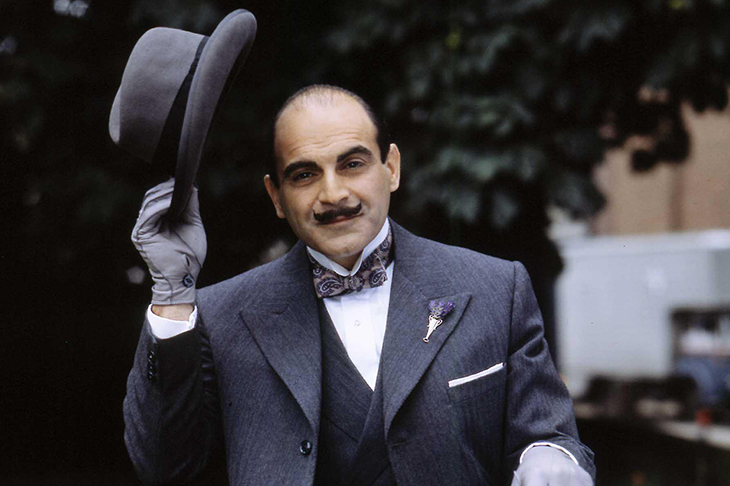
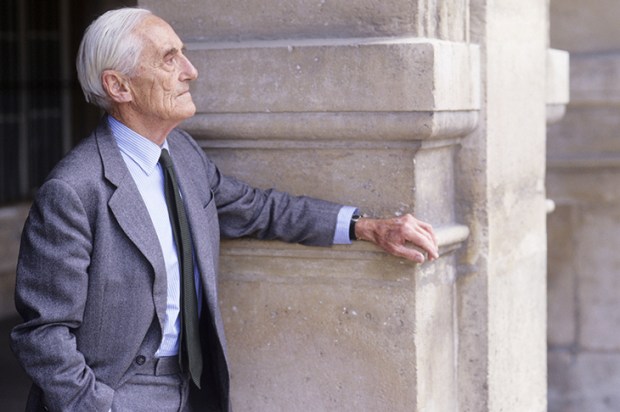


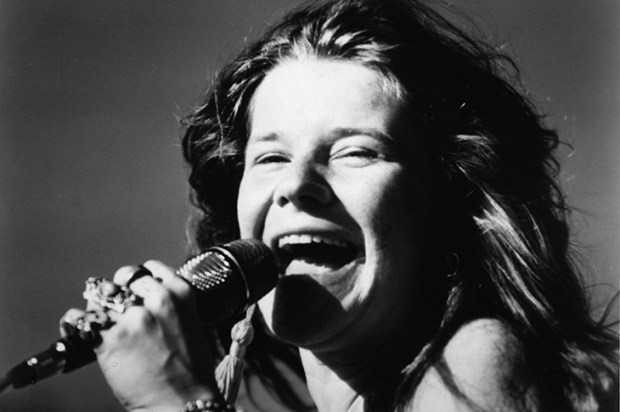
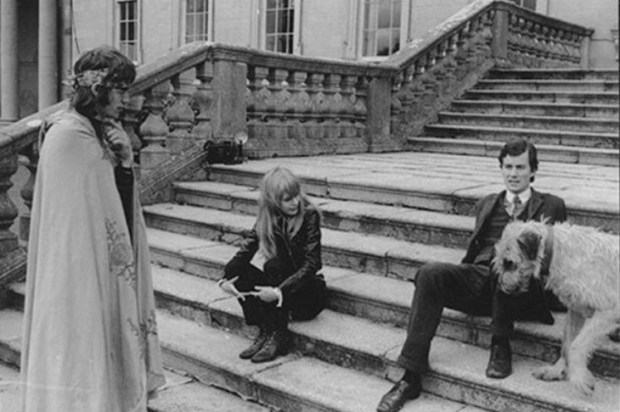
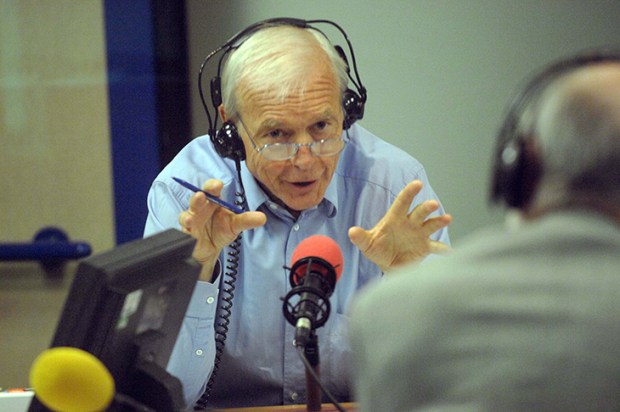






Comments
Don't miss out
Join the conversation with other Spectator Australia readers. Subscribe to leave a comment.
SUBSCRIBEAlready a subscriber? Log in